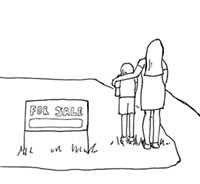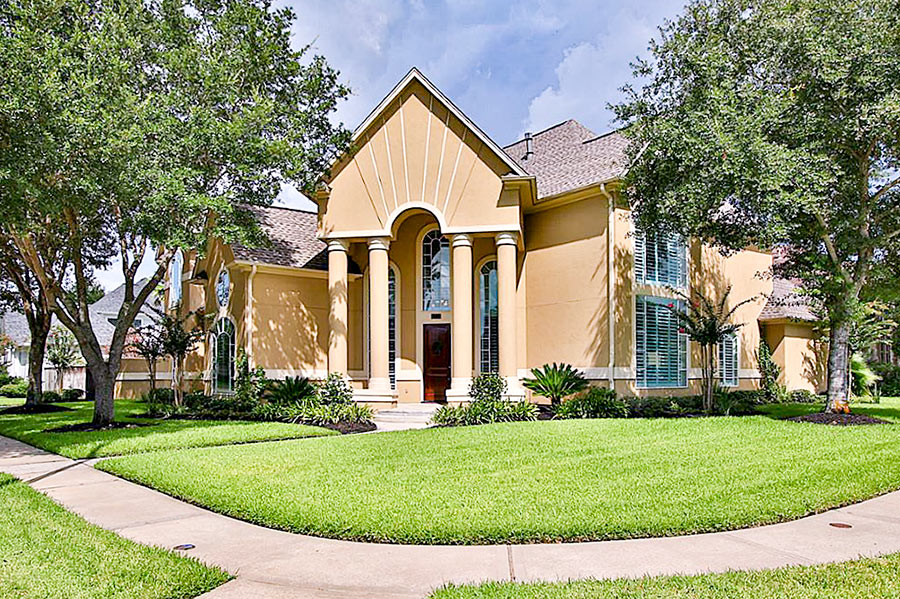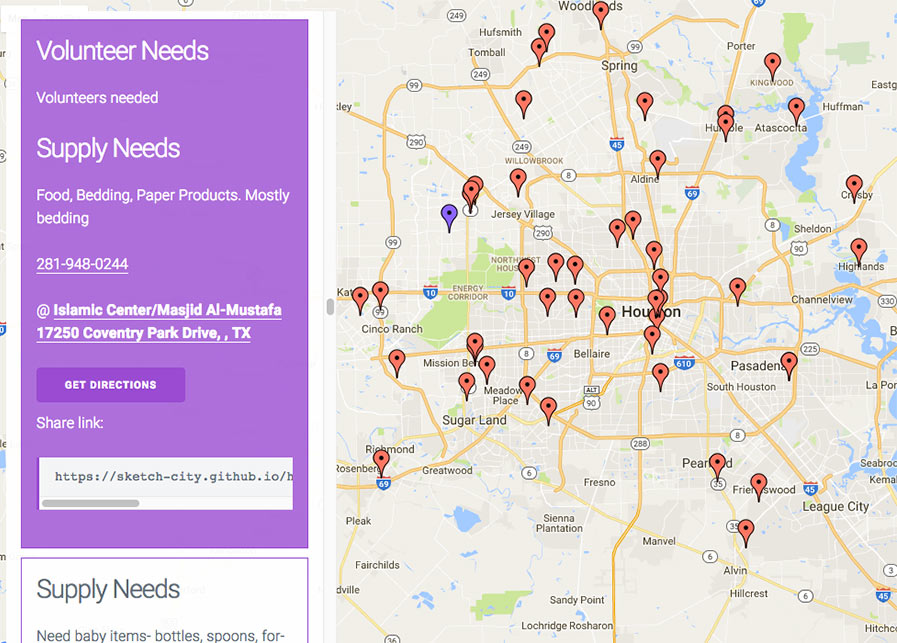LAS VEGAS TO HOUSTON: WHAT ARE THE ODDS? A Swamplot reader requests a long hard look at the Houston housing market crystal ball: “Do any ‘experts’ lurking among Swamplot’s readership have any thoughts on long-term residential price trends in Houston? Me and the missus were trying to sell our home in Vegas (good house, great neighborhood, bad timing). Now we will be holding on to it until the Vegas market starts coming back — whenever that is. I’m trying to get an idea on what prices could look like when we finally have the funds to buy locally (6 months – 1 year, depending). Any info or sites that might help us answer those questions would be greatly appreciated.” [Swamplot inbox]




In general, Houston prices are expected to hold.
The real issues is that Houston is comprised of many different markets for housing. While overall numbers can one or another direction, individual areas can’ be experiencing something completely different.
Many areas in the inner loop are seeing a rise. Some areas past the Beltway saw a drop, a rise, or holding steady.
One of the best resources in Houston and many national markets is a company called Metrostudy. Usually developers, builders, utility districts, municipal entities request their services to find out answers to these exact questions. I just watched a presentation by them about a month ago. Even with all the national turmoil, Houston isn’t expected to see the massive downturn. The whole foreclosure business isn’t even a big impact. Houston is absorbing them.
The best advice I can see giving (for what it’s worth being free) is to look hard at existing homes in existing established neighborhoods. These will mostly likely not see much depreciation and generally won’t start off with price that will be above value such as in new homes.
I can’t consider myself an expert, however its safe to say some areas are doing better than others. Most of the Inner Loop is doing well, suburbia not so much. Given the growth projections the city is anticipating thru 2025, I suspect you will have above average returns in neighborhoods like the Heights, WestU, Upper Kirby, Montrose, etc. The suburbs can be tempting with their large lots, big homes, and relatively safe environs.
So it depends on how much money you have to spend on a home, what your needs are as a family, and what your financial goals are over the next 2,5,10+ years.
Personally I live in the Heights and can’t imagine being in any other neighborhood.
Houston Association of Realtors, http://www.HAR.com, is one of the most accessible,informative sites in the country. The general public can obtain current monthly market reports, neighborhood trends and statistics, and find experienced, licensed professional agents who will review the customer’s needs before making recommendations. Work commutes, schools, recreational preferences and so on, all figure in to the equation.
Dr. Barton Smith, Director of the Institute for Regional Forecasting at the University of Houston frequently has general articles in both the Houston Chronicle and the Houston Business Journal. The economic picture should be clearer by the end of January.
Jeff has a good point about the personal financial goals. If you are looking for a home for the long term, most stable neighborhoods are good choices. If you are looking for a home to turn into a financial opportunity down the road, your choices are more limited. Even neighborhoods that have seen high appreciation in recent years aren’t necessarily good for a quick turn around.
For example, while the Heights prices have been steadily rising, the primary way of making quick financial turn around (1-5 years) would be to buy an un-remodeled home and fix it up. Those see the biggest return. Brand new construction won’t see massive increases in value immediately and have a lot of appreciation already built in.
Houston isn’t like Las Vegas or much of California was a couple years back where you just buy a brand new house and the price spikes. Even in places like the heights and surrounding areas where prices were rising, we weren’t seeing the enormous spikes other parts of the country.
The biggest asset to most of the housing in Houston is pretty much the ability to steadily hold on to value (this applies mostly to more established neighborhoods including far out suburbs).
las vegas saw huge run-ups in prices for several years like many cities, houston didn’t. the cost of a home in houston onlt rose about 4-5% per year while other markets saw prices doubling in only a few years. houston doesn’t have as much room to fall as other markets. the land price is key when looking at markets. i think if the trend had continued, houston would have seen jumps, but the music stopped before it got to houston. i have friends that moved to vegas at the wrong time and bought at the wrong time. i don’t know when you bought in vegas, but where you were in the run-up chain definitely affects your ability to get out from under the home
For the most part, home values in Houston will be steady. Some of the newer product and developments will see a slight discount as builders try to unload inventory, but the same builders are still slowly building – but 4 homes at a time in a development instead of 20.
Selling your house in Vegas will likely be a bigger issue for you. The market was hyperinflated there and saturated with speculation and investment buys. A lot of those purchases are now in foreclosure and will undermine the price of anyone trying to put their house on the market. The estimates I have seen don’t have home values recovering in places like Vegas and California for 5 years. And that recovery is just a point where the value begins to stablize and rise, it will be even longer before 2006 values are recovered.